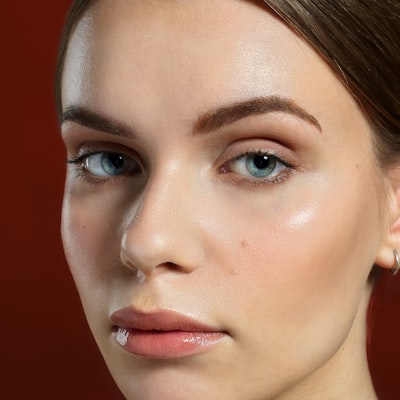When it comes time for you to better your photographic skills, you may wonder where to begin. There are so many things to consider when using a camera and learning how to take a great photo. The tips in this article can provide you with what you need to b

Be selective about the elements that you include in your photo. Go ahead and remove anything from the picture that doesn't belong there or makes the frame seem unbalanced. Use panning shots that keep your subject in focus but blur the background if you can't remove all unwanted distractions from your shot.
Make sure you hold the camera correctly. Holding the camera correctly reduces the chance that an inopportune movement ruins your shot. Hold the camera with your arms close to your body and the palm of your hand under the camera to prevent the camera from falling or shaking.
Use how to create natural shadow in photoshop to spice up your photos. It is possible to let the camera decide the proper white balance for a given environment, but sometimes the camera will get it wrong and the photo will look washed out. Using a manual white balance also allows you to take artsy photos with sepia tones, for instance.
When composing shots, set your white balance manually, instead of relying on the automatic settings. Setting your white balance manually gives you more control over the contrast and mood of your photo. drop shadow can make photos look more stark or more natural, and it's all up to you. Don't let the computer program decide how your photos will look.
Do not use the flash on a camera unless you are in a darker location. Using a flash outdoors in a location that already has a lot of light will just make your picture come out too bright. Some cameras have an automatic flash setting so that your camera knows when the flash is needed.
The "S" stands for shutter speed. Use low shutter speed to get sharp pictures when capturing moving objects. Set the shutter speed to higher speeds for creating a more experimental picture. This is a cool feature to use when getting photos of fireworks or tail lights on a car. It is an easy way to get artistic features in your photos.
A great photography tip is to make sure your shots have depth in them. An easy way to achieve that is to be sure that you have a background, a middle ground, and a foreground. Having all three of these will give your pictures a sense of atmospheric perspective.
Make use of negative space in your composition. Negative space is the area in your photos that does not contain your subject. Used correctly, large amounts of negative space can create interesting photographs. You also need to consider the effects of negative space when framing a photograph to get the best results.
Pay attention to the symmetry in your pictures. A picture that is supposed to be symmetrical and isn't will appear much worse than if it were and frustrate your viewers. Make sure you're standing in the dead center of a symmetrical object if you are trying to create a symmetrical composition.
Are you aware of the "magic hours" in photography? This time period refers to the times of day known as dusk and dawn. These magical times create very soft and warm lighting conditions. There is only 45 minutes around sunrise and sunset to add this beautiful light to your shots, so plan accordingly.
Most pictures are taken with the camera at or near the subject's eye level. Common sense says this is good, but get the "WOW" factor by changing the angle from which you shoot. Try shooting down at the subject from higher up or get close to the ground and shoot up.
As you have seen, photography skills, while various, share many fundamentals. They just vary in terms of your camera, subject, lighting, and external elements. You should do some research to learn some of the tricks of the trade and use common sense, to find what works for each of your photographic situations, so that you can better each shot.
